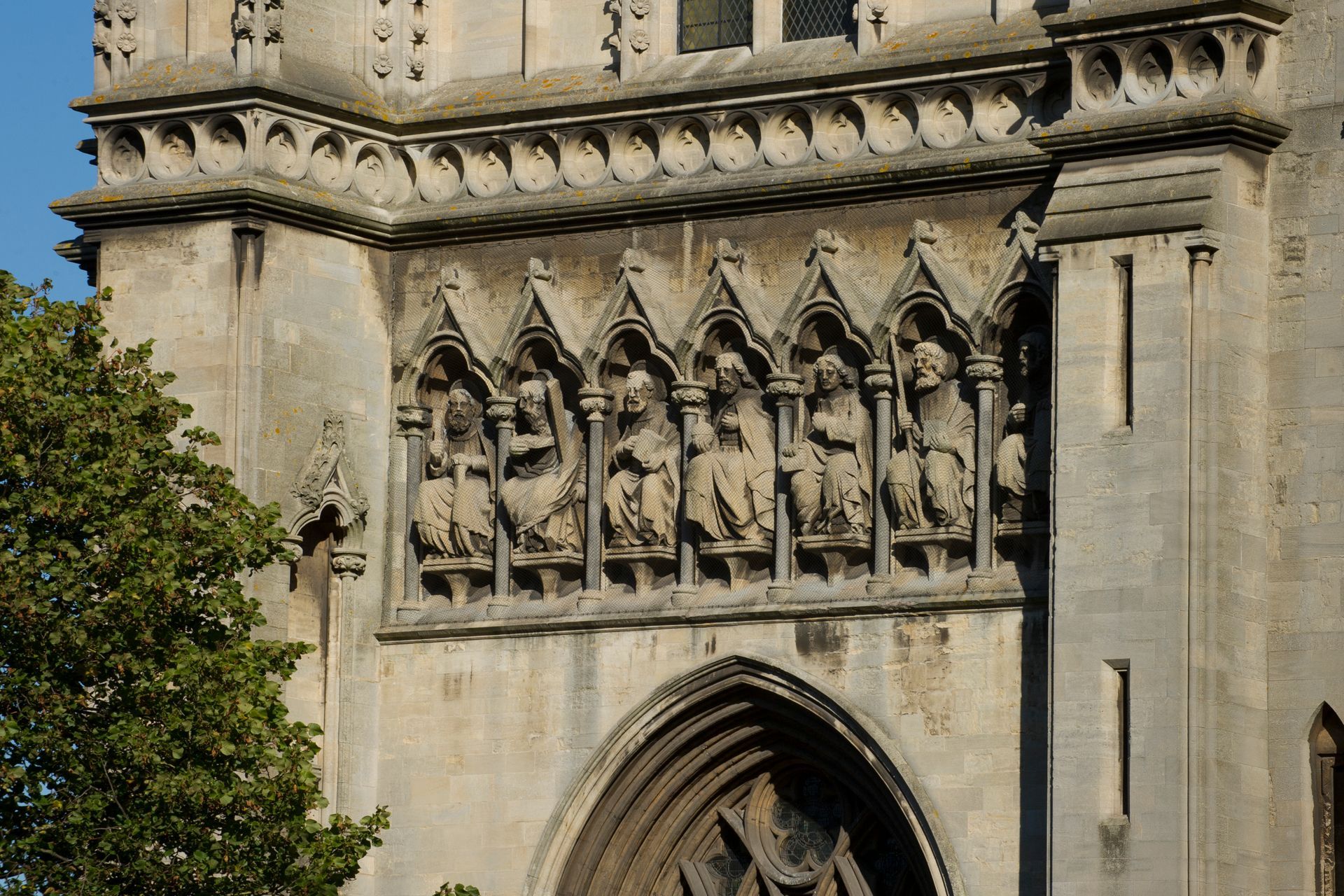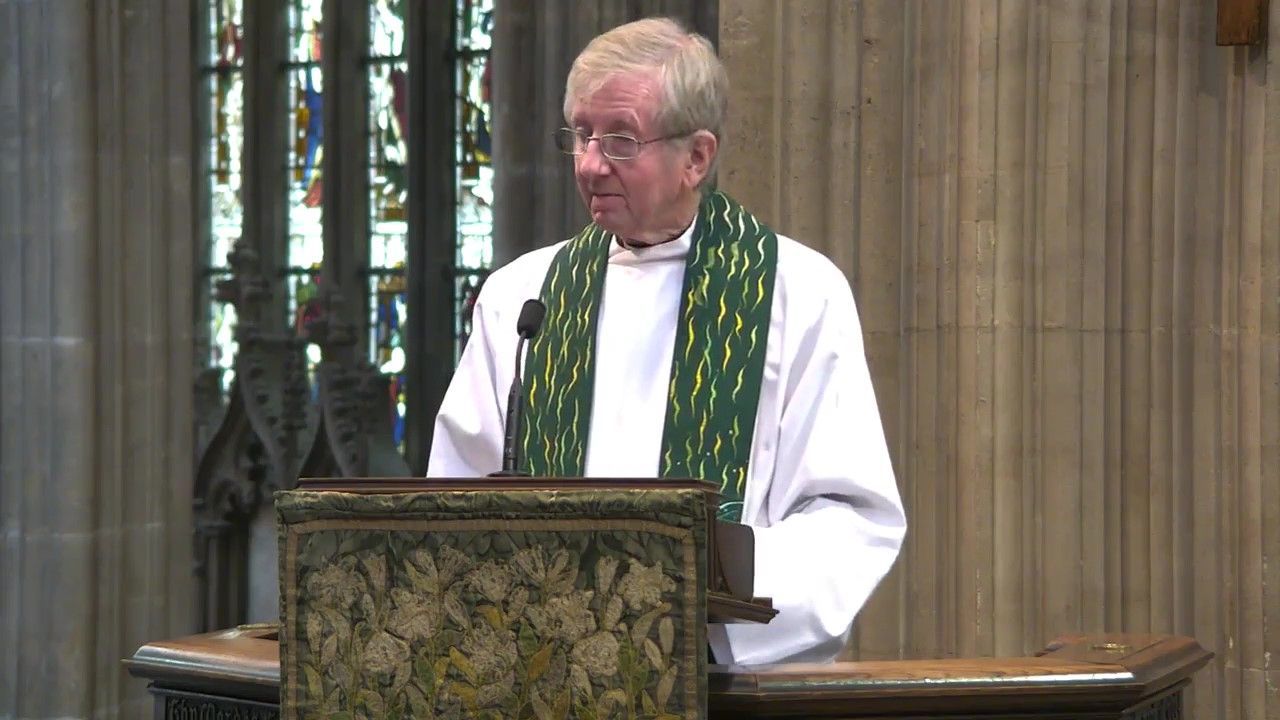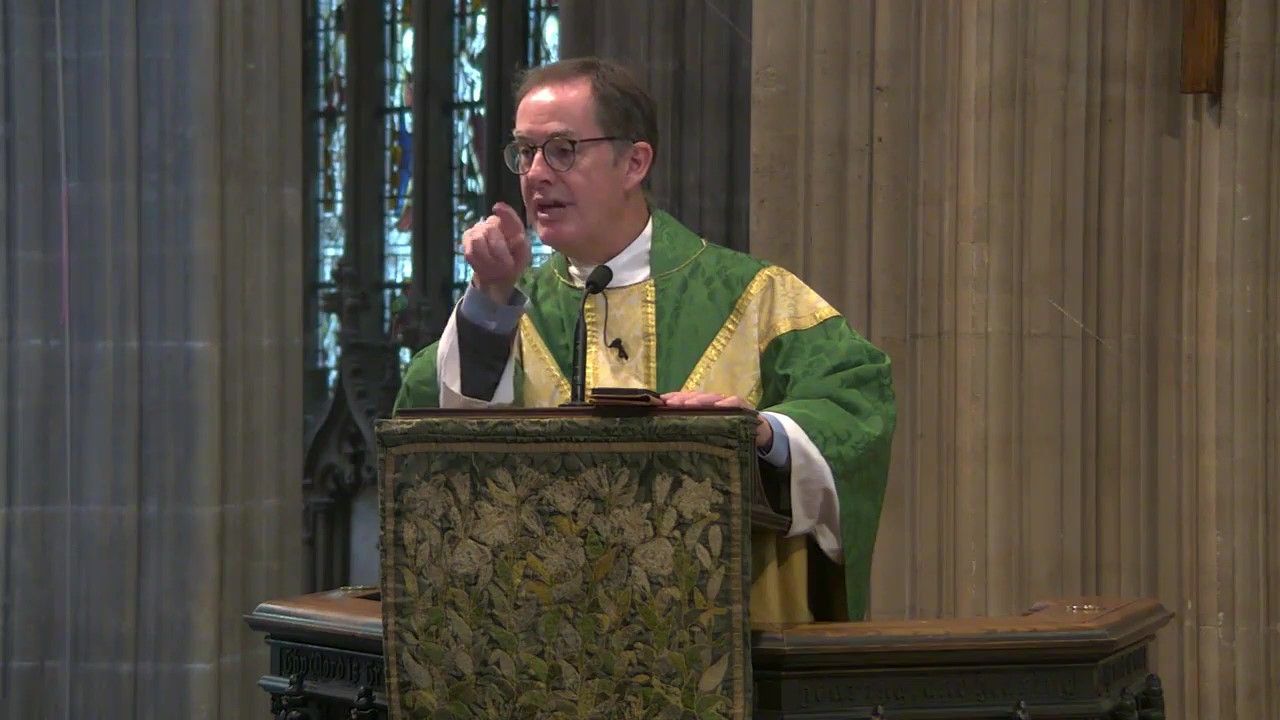Lazarus from Bethany
We have a long passage set for our gospel reading on Sunday: 45 verses of chapter 11 of John's gospel. It recounts the importance of the relationship between Jesus and Lazarus, the brother of Mary and Martha; it tells us of Lazarus' illness and death; and we hear Jesus' weeping at the tomb and calling Lazarus out from death.
But it is so much more than a narrative around friendship, loss and hope. In these verses we hear the Jesus of John's gospel declaring that Lazarus' illness will not lead to death to but to God's glorification. We learn that Jesus might be considered to be stubborn when, despite having love for Mary and Martha, he stayed two more days where he was: presumably to ensure that Lazarus would be in the tomb by the time he gets there. There is, yet again, as is so often throughout John's gospel, an echo of the great prologue about darkness and light. Here Jesus tells those around him: those who walk in light do not stumble, but those who walk at night stumble because the light is not in them.
There are the disciples who need to have the information conveyed to them in plain language; there are the sisters who are angry with Jesus for not coming sooner; there are tears, there is grief, there is love. The humanity of Christ runs throughout this passage. And not just Jesus' perception of his own humanity but how his humanity is known and embraced by others and how he relates to others in very human ways.
And still there is more. There is teaching about the beliefs they (and we) hold; there is affirmation of faith that is explained; and there is an assertion by Jesus of who he is beyond his humanity: I am the resurrection and the life, he says.
In this more complex language, John describes wrestling with the hope that was expected to be found within the divinity of Christ ("Couldn't he who opened the eyes of the blind man have kept this man from dying"); there is what might be an assertion of the truth of his divinity ("If you had been here my brother would not have died"); and there is Jesus' declaration of his role and purpose which culminates in the cry "Lazarus, come out".
And Lazarus emerged from tomb, bound with strips of cloth.
And in this moment two of John's central theological themes come to life:
* Lazarus walks from darkness into light
* Lazarus is unbound and set free.
Dan Tyndall
23 March 2023






